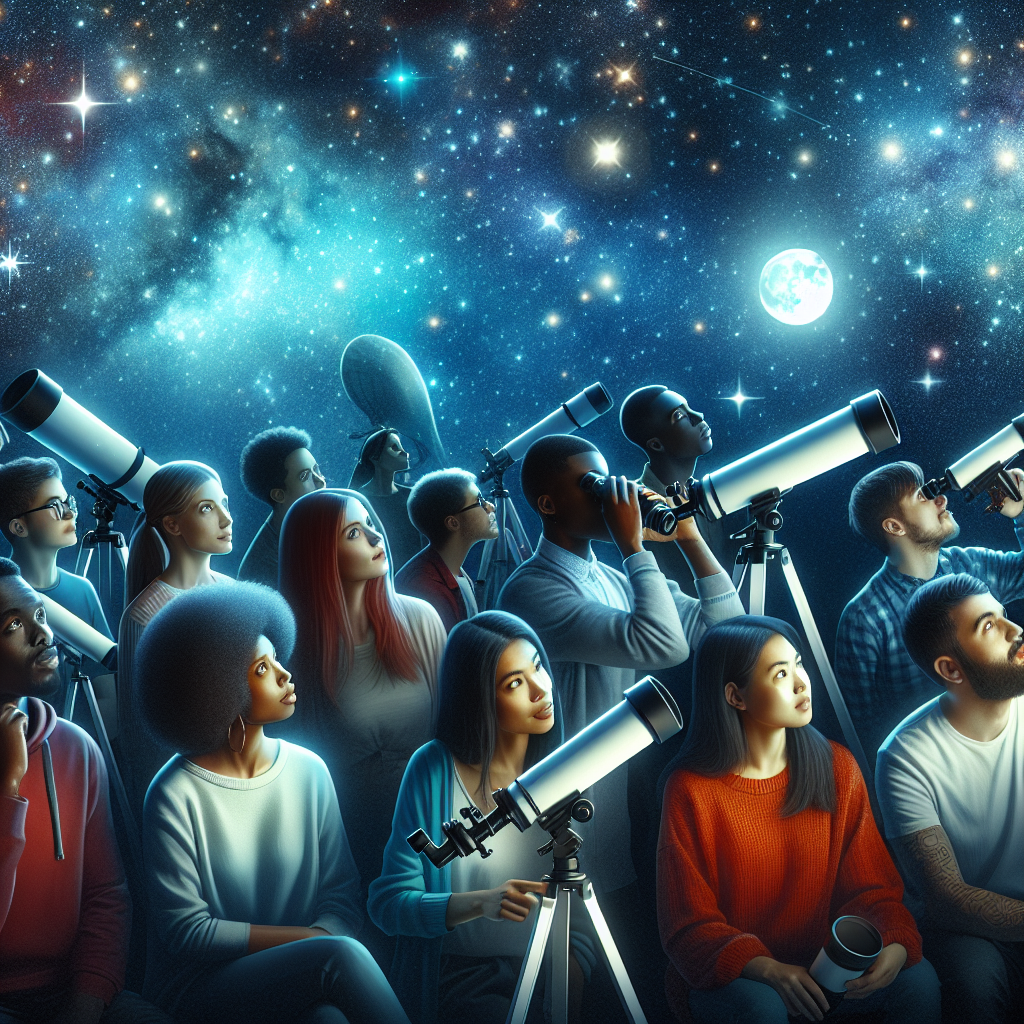BREAKING NEWS: Outer space is no longer an untapped frontier – thanks to advancing technology and data science. This explosive trend signifies a significant cultural shift in our society’s perspective on outer space.
The social context cannot be ignored – Millennials and Generation Z are driving this change, eagerly consuming information about satellites, astronauts, and galaxies far away.
Key influencers include leading universities like MIT and NASA’s Jet Propulsion Lab offering cutting-edge courses on astrobiology, astrophysics, and more. This has sparked immense interest among students globally.
Consumers aren’t passive observers anymore; they’re active participants in discussions on Martian settlement or UFO sightings. Internet forums are abuzz with theories backed by data collected from various sources including government databases.
This seismic shift has not gone unnoticed by industries either – STEM education organizations have seen unprecedented demand for courses related to astronomy and astrophysics.
Such trends speak volumes about our culture – as Carl Sagan once said ‘we are all made of starstuff.’ Our fascination with the cosmos mirrors an inherent desire to understand who we really are.
Demand for knowledge will only skyrocket further as more educational institutions incorporate space-themed programs into their curricula. Future generations may well view studying Mars’ geographical features as commonplace as learning Earth’s geography today!
Talking about experts’ opinions – renowned cosmologist Max Tegmark believes that future jobs will require familiarity with concepts currently within the realm of science fiction such as quantum computing or terraforming other planets.
‘Just in, the story behind the headlines’ – we’ve got personal stories that defy traditional norms. For instance, a high school teacher from rural Wisconsin won an online bidding war to send her class’s science experiment to the International Space Station.
Getting involved is no longer limited to scientists or astronauts either – amateur astronomers and citizen scientists are making significant contributions by discovering new celestial bodies or helping crunch vast amounts of data harvested by satellites.
As society soldiers on in its quest for cosmic knowledge, space education is democratising like never before. It’s not just about lofty dreams anymore – it’s about real people using data to unravel mysteries of our universe!
